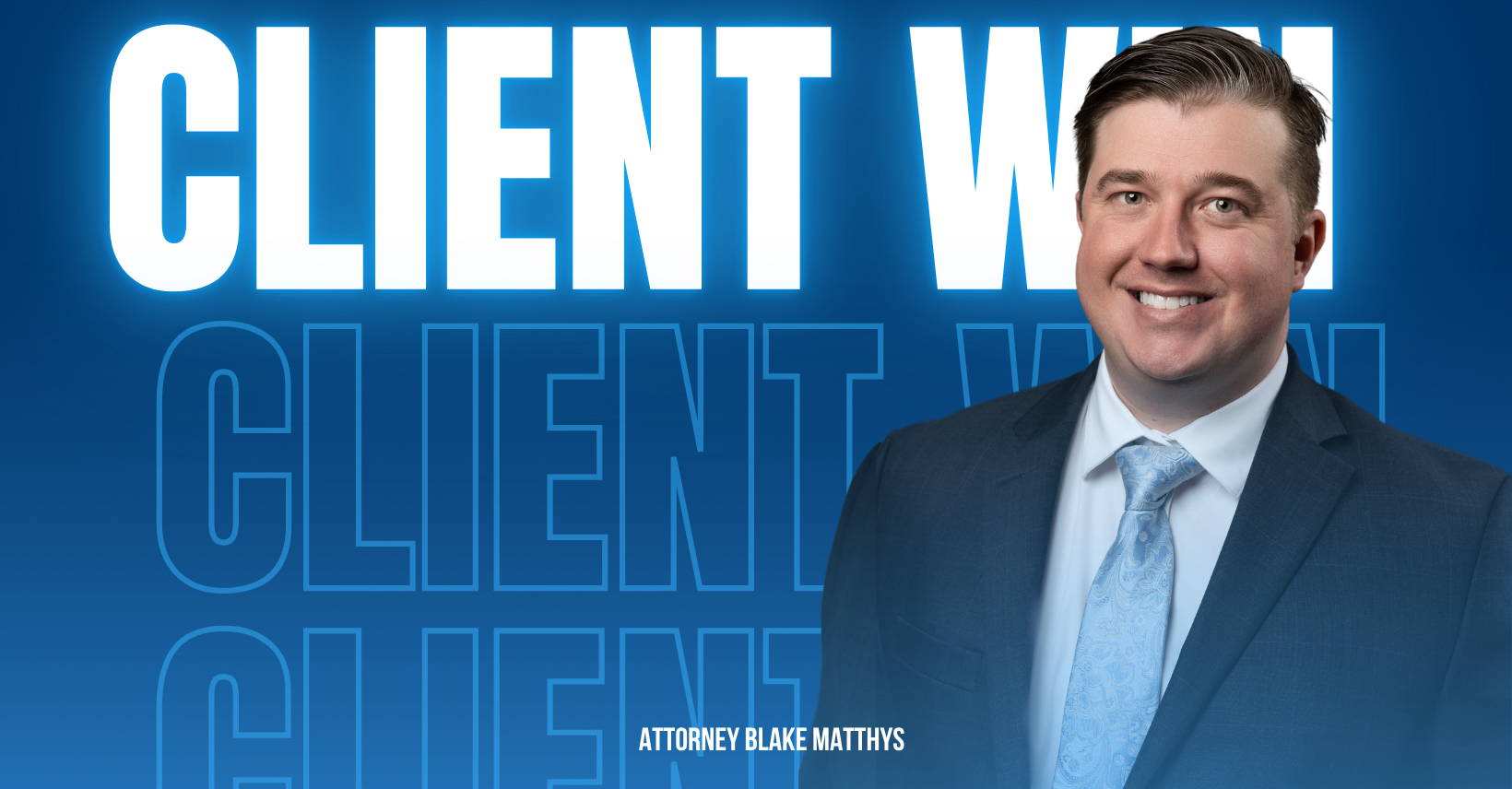It is incredible how much influence a three-digit number can have on our lives. Whether you are considering buying a home, a vehicle or applying for a credit card, your credit score will have a significant impact on loan approval, lines of credit and interest rates. But what determines our credit score?
Credit score factors are elements from your credit report that shape your credit score. This includes total debt, types of accounts, number of late payments and age of accounts.
What is a credit score?
A credit score, typically ranging from 300-850 is used by bankers and lenders to determine if they will approve you for a loan or a credit card. Equifax, Experian and Trans Union-—the three main credit bureaus—create your credit reports based on different factors. A credit score definition is the result of a mathematical algorithm used to evaluate your past relationship with credit, known as your credit history. Credit scores never factor personal information such as race, gender, religion or marital status.
Lenders use credit scores because they are consistent, objective and reflect an individual’s likelihood to repay debt responsibly based on their past credit history and current credit status. In essence, credit scores help lenders fairly assess the risks of lending to an individual.
How are credit scores calculated?
Companies develop credit scores by analyzing a range of credit information to predict what is likely to happen. They use this information and predictive analytics to create scores that will help lenders predict consumer behavior. FICO is one of the most popular scoring models used in over 90 percent of U.S. lending decisions.
The five factors that play a role in determining your credit score include:
Payment history. It is important to try to pay all loans and credit cards by their due date. Payment history is the most important factor accounting for 35 percent of your credit score.
Utilization, balance owed. The balance to limit ratio on credit cards accounts for 30 percent of your credit score. You want to keep your balance lower than 30 percent of the total credit limit and pay balances in full each month if possible.
Length of credit history. The length of time a credit card account, mortgage, auto loan and other loans have been open also play a role in determining your credit score. The length of your credit history accounts for 15 percent of your credit score.
New credit. Recent lines of credit account for 10 percent of your credit score. Credit bureaus calculate this by recent activity including how many times you have applied for credit, the number of recently opened accounts and proportion to total accounts. Whether or not you are paying off accounts or taking on more debt will also play a role in this factor.
Your mix of credit accounts. The various types of accounts such as credit cards, retail accounts, installment loans and mortgage loans will account for 10 percent of your credit score.
Reasons why your credit score may have dropped
Our individual credit score changes over time with the purpose of accurately reflecting our financial behavior.
Although it is unlikely that your credit score will remain the same as it was a month ago, it can be concerning when you see your credit score change negatively. If you monitor your credit score and see it drop, recently updated information has registered in the scoring calculation. Here are a few questions you can ask yourself to help determine the components that may have been the cause of the new, lower credit score.
What is your current credit card balance?
Lenders want to know that you know how to spend responsibly. A good tip to avoid having your credit drop due to the balance on your credit card is to keep your credit card utilization below 30 percent on each card. Your scores may drop if you have reached your max spending limit or if you are nearing it.
Have you recently applied for credit including a mortgage, loan or a new credit card?
If you are receiving various offers in the mail for credit cards and loans, this may be an indication you have been taking care of your score. It is important to remember that although it may be tempting to apply and accept the offers, too many new credit line inquiries can actually lower your score. This not only true for credit cards, but it also applies to mortgages and car loans. Having several loan inquiries may also be an indicator of overspending from the lenders’ point of view.
Is there inaccurate information on your credit report?
Checking your credit score regularly can help you identify any mistakes on your credit report that may be lowering your score. Not only is it a possibility that a lender has reported something incorrectly, but it may also be possible that you have been a victim of identity theft. Report any inaccurate information immediately.
Have you recently missed any payments or had an account sent to collections?
As mentioned before, missed or late payments play a large role in your credit score. Your credit score will likely take a hit if you are more than 30 days late on a payment. There will be an even bigger negative impact if the payment is 60, 90 or more than 90 days past due.
Did you close a credit card account that you have had for a lengthy amount of time?
Closing aged accounts, credit card accounts that have been open for a long period of time could cause your credit score to drop. These accounts are ideal to have on your credit if there is a positive payment history because lenders see you as a low risk due to the responsible use of credit over time. Instead of closing the account, pay off the credit card and leave the account open. The longevity and total available credit on the account will serve as positive points on your credit score.
How The Carlson Law Firm can help
Financial difficulties can be some of the most stressful situations to deal with which is why The Carlson Law Firm’s award-winning bankruptcy attorney Vicki Carlson is prepared to help. If you are in Texas and are considering filing for Chapter 7 or Chapter 13 Bankruptcy, let us help you understand the process and guide you through the legal system. Contact us today for a free, no-obligation consultation. We care, we can help.





